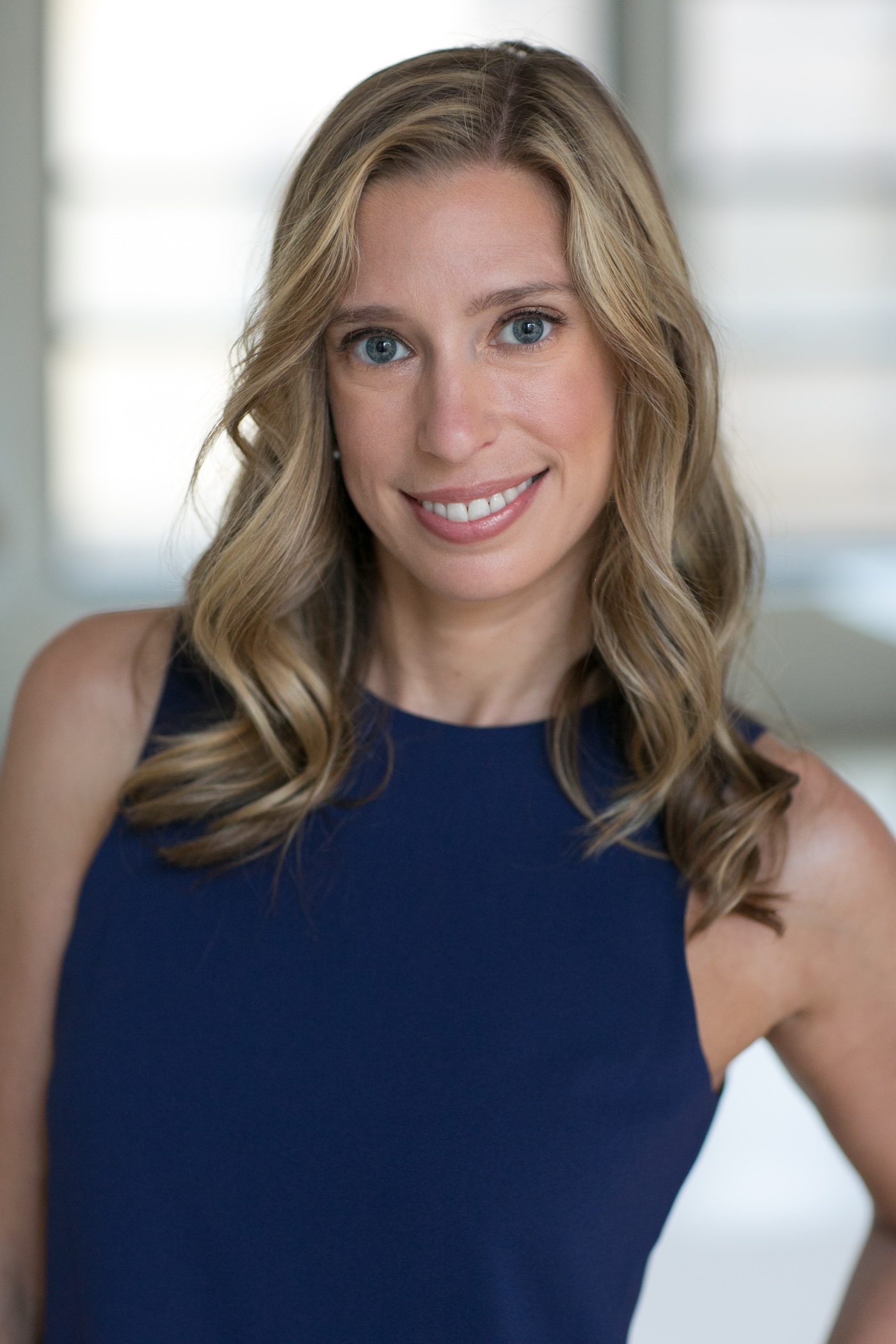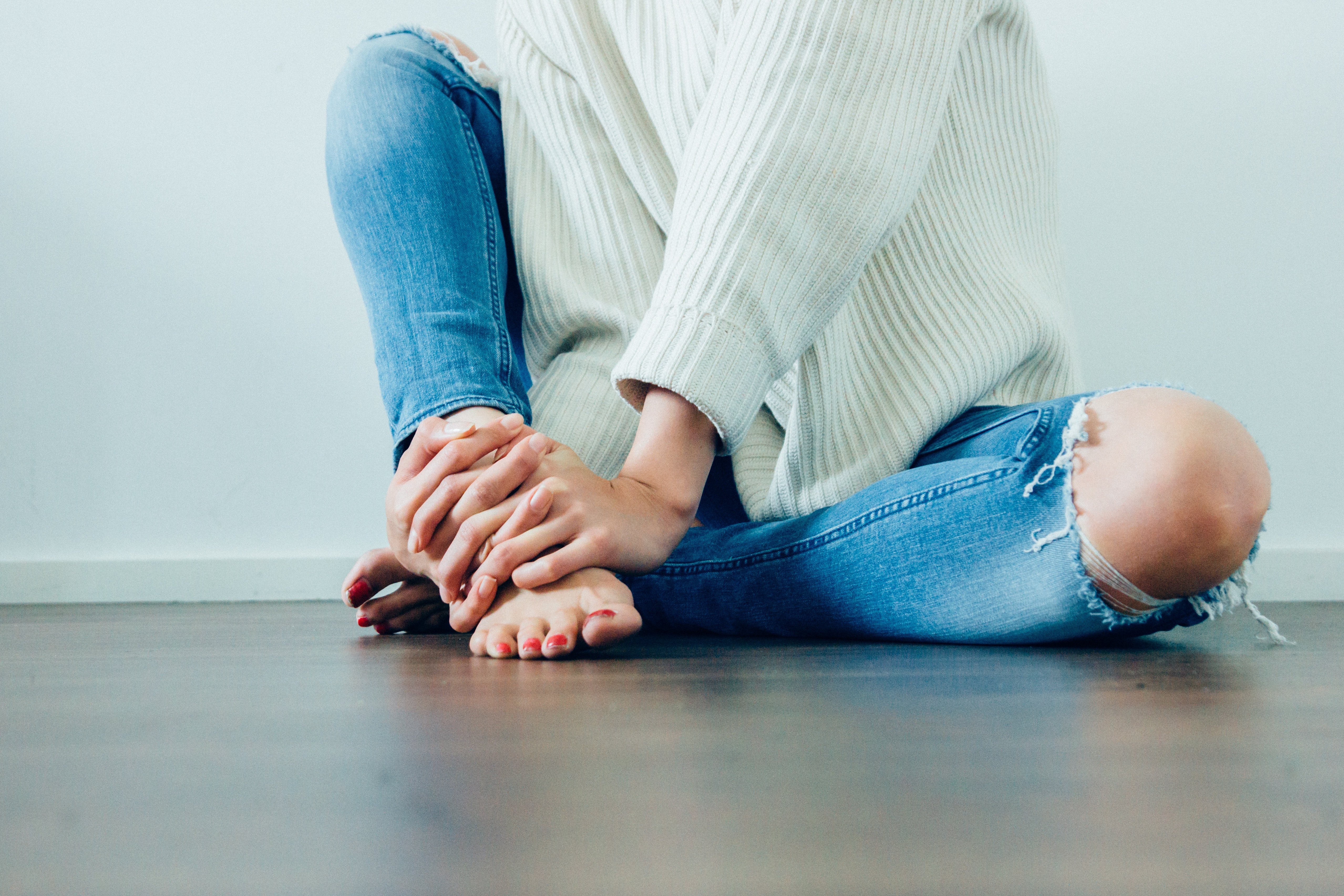CHAPTER FOUR
A PERMANENT SOLUTION FOR A TEMPORARY PROBLEM
“The hour of departure has arrived, and we go our separate ways. I to die, and you to live. Which of these is better, G-d only knows.”
Socrates
Junior year arrived along with a shoulder injury that sunk my swimming career. Young athletes’ dreams are often dashed. And college scholarships vanish. But, this didn’t just cost me more money in student loans. The price I paid was my identity.
Crafting a self-identity is a natural stage of healthy development for most children. It happens slowly as they build interests, realize dreams, experience different activities and learn new skills. This shapes not only who they are, what they believe and how they express themselves, but also becomes the part of their psyche that anchors them to the world.
However, children of narcissists are severely stunted in this stage as the narcissistic parent resides at the center of their world. Our thoughts, feelings, hopes, words and actions are always subservient to theirs and radically repressed. This occurrence is so dramatic we often have no idea what we like or who we are and recovering this part of ourselves later becomes a critical stage of healing.
They implement a mental and emotional barricade to isolate you from the rest of the world the same way economic blockades are utilized as a tactic of war. And this is combined with other manipulations to create a type of learned helplessness and loss of control. Then, when you click into survival mode, depression sets in and you experience feelings of extreme incompetence. The endgame is complete dependence. You become a slave whose soul existence is to serve their needs.

The high school swim team had been a shield for me. It denied the lion access to a large chuck of my schedule, created a sense of community and being a “swimmer” was also a large part of my sense of self. Losing this battle cost me the war.
We fall into many traps on our journey through life. Some are small and easy to climb out of once we have fallen. Getting back on our original path doesn’t take much time. The recovery is not insurmountable. But, the lesson learned is often proportionate to the fall.
Most often these traps are placed directly in front of obstacles.
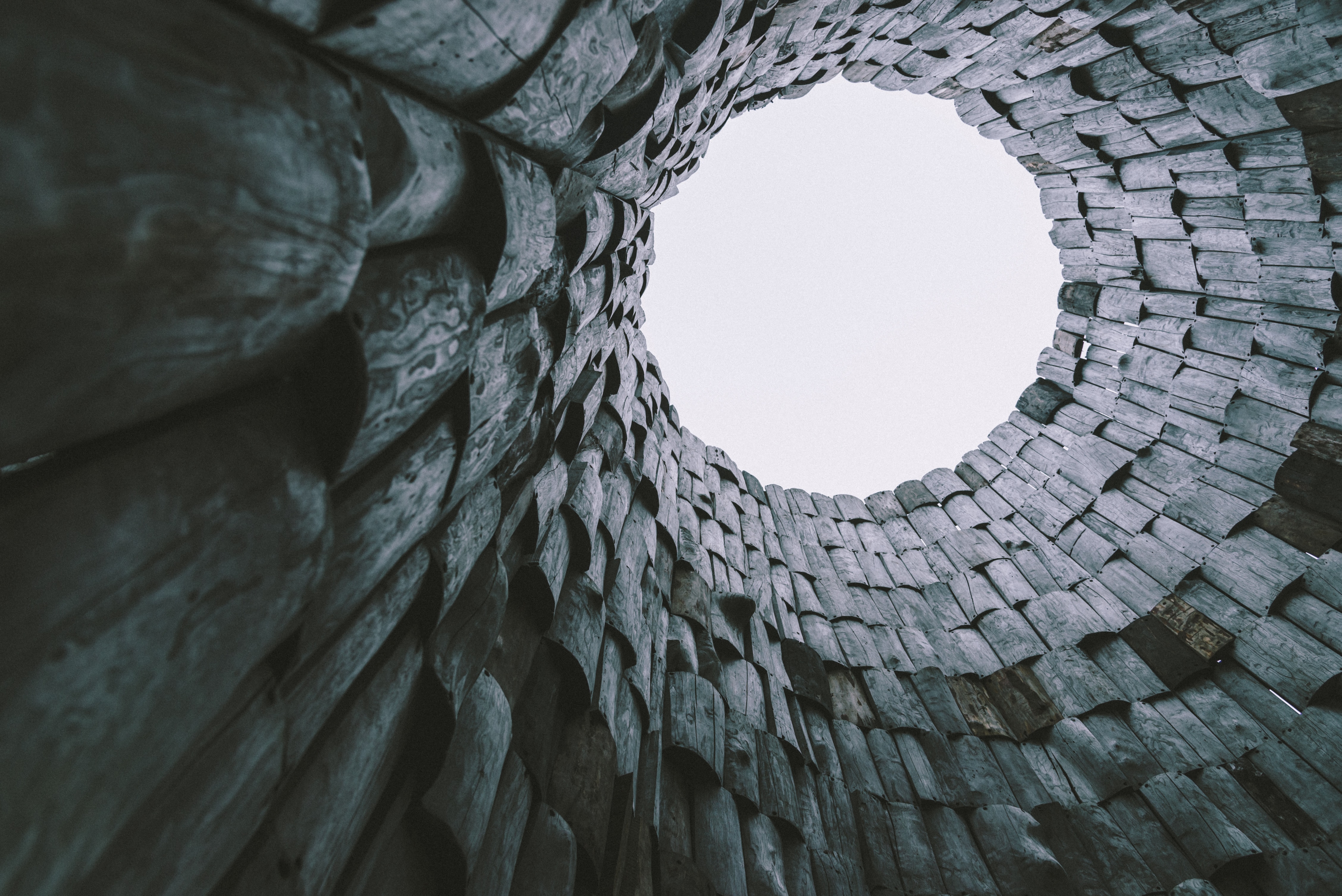
A few weeks later, I walked into the house and the lion was at the kitchen table reading the paper. I sat down in my usual seat across from him, pulled out a pack of cigarettes and set them on the table in front of me. “I think you should know I’m a smoker.”
I don’t know from where I got the nerve. I had gotten bolder with him. Maybe it was because he hadn’t hit me in years. Maybe it was because after eight-years of competitive swimming I was built like a brick house and could bench press hit weight. Maybe I was just using bravado to hide the fear that was still ever present. Or maybe this was just my way of asking for permission.
He looked across the table at me and took a drag on the lit cigarette that was dangling from his lip. “You know it’s gonna kill you, right?”
“He says as he smokes a cigarette” was my only retort.
“Yeah, but I feel really guilty about it.”
He looked at me one last time, shook his head and stubbed it out. The conversation died with the ember of that cigarette. We both tarnished the interior walls of that ranch house with smoke as our lungs puffed away in chained unison. The only punishment dulled out to me was constant admonishment for not emptying the ashtrays often enough.
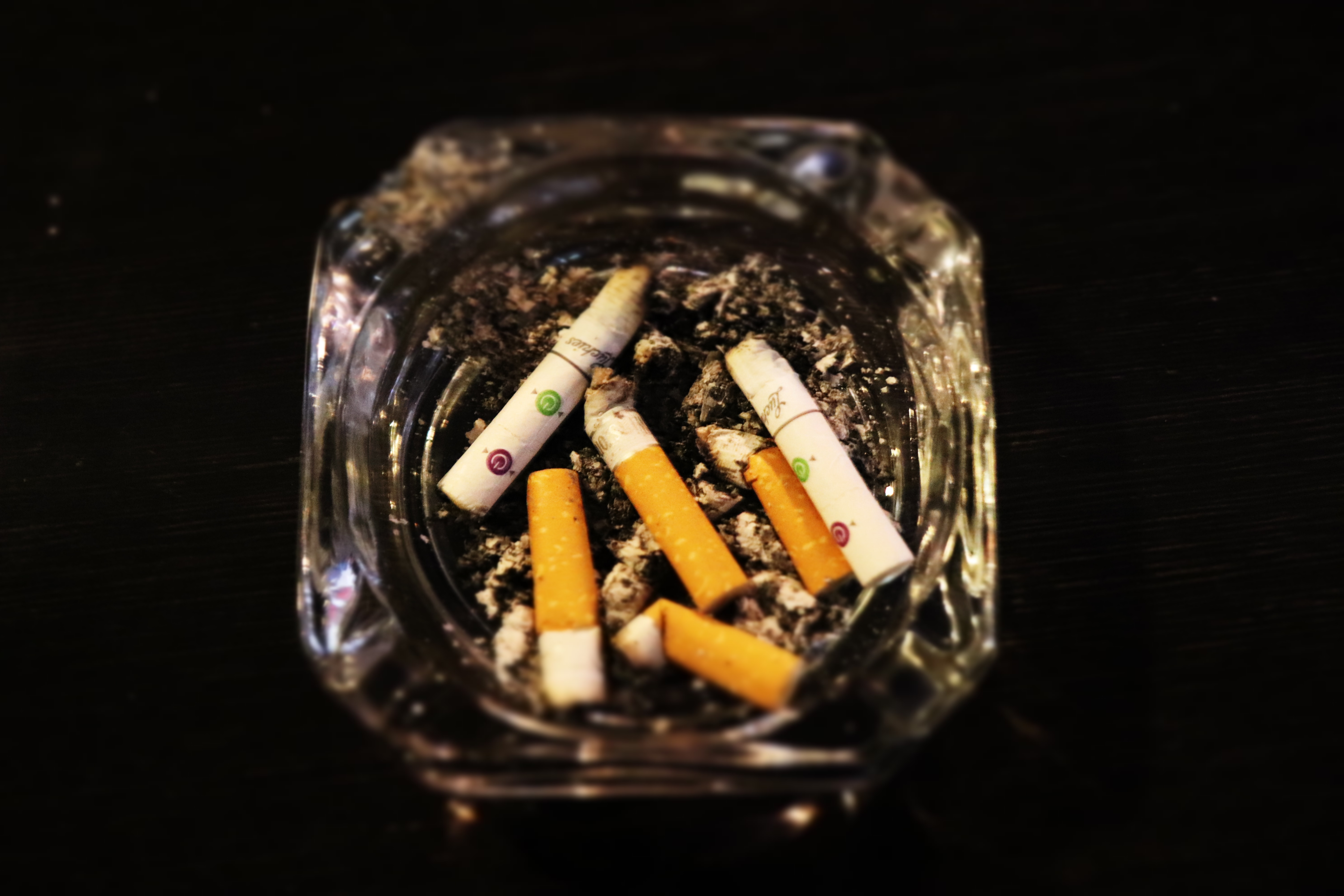
Why did I start? Perhaps it was subconscious testing behavior. Perhaps I wanted him to get angry as proof that he cared about my health and well-being. Or perhaps this was one more way he had taken my identity and I was just becoming more like him.
I’m not sure what my motivation was for picking up this habit. But, he started putting cartons of Camel Lights in the fridge for me. And just like that the lion had become my dealer and I had become a smoker.
He wasn’t the first person (or the last) to tell me that smoking would kill me. Back then it always made me laugh. It seemed like the equivalent of telling someone not to jump off a cliff into the boulder-filled rapids 500-feet below because they might drown. Clearly, these people didn’t have a proper grasp on the other immediate threats in my vicinity. Smoking might kill me? Hey man, I hope so, but only if I live.
Now that I’m older, quitting smoking has become like voting to me – I do it both early and often.
And I know better than anyone that even if I kill that demon today, I’m still gonna have to face the devil tomorrow.
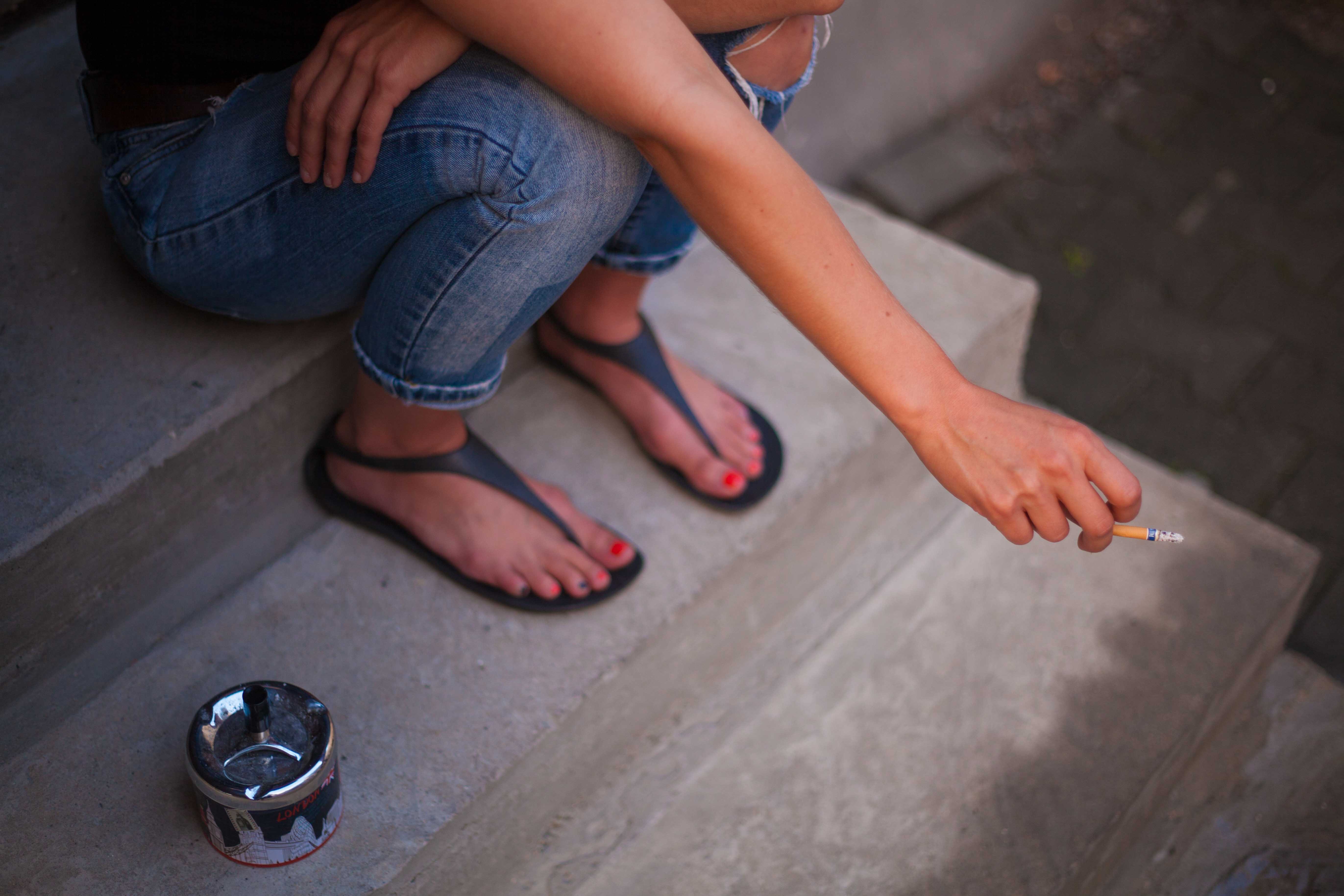
At that age though, the only thing I was certain of was that I wasn’t long for this world. I felt like we all started with the same amount of oil in our lamp, but some lights burned faster than others. I consoled myself with the thought that maybe some people don’t live longer, it just seems longer. And maybe my light would burn a bit brighter.
In the years that followed whenever I found myself in a particularly dangerous situation it could always be traced back to booze and cigarettes. In my experience, these two companions are a strong magnetic force and partaking in them with another is a foundational bonding ritual between self-destructive people; oftentimes marking the doorposts to abusive relationships.
I was on a dangerous path. And one that was made much more hazardous by the darkness of depression. Drinking and smoking were just the gateway to a substance abuse problem that would escalate as the year continued with the use of marijuana, ketamine and ecstasy.
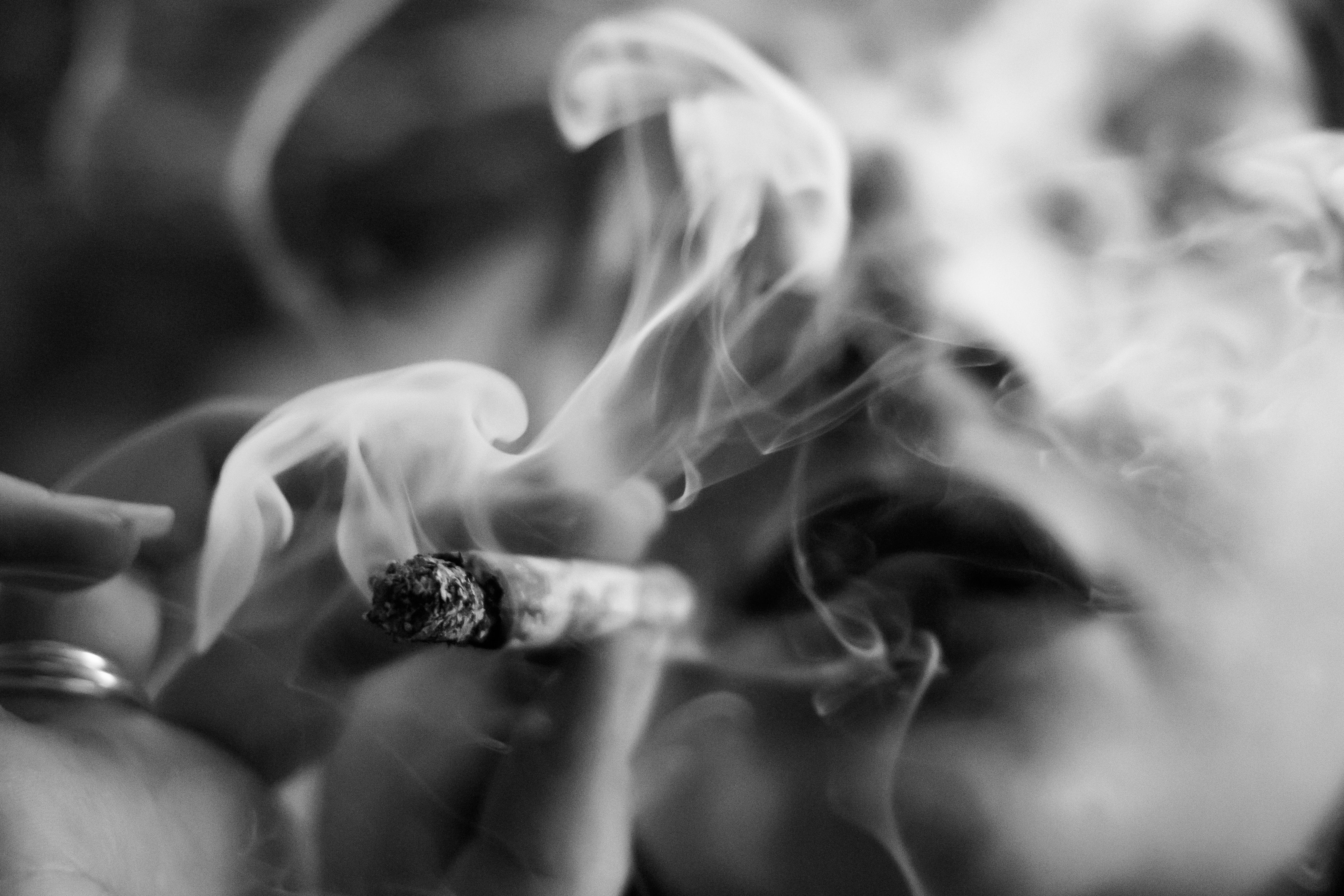
I wasn’t born wanting to do drugs. I didn’t think it was cool. And I wasn’t suckered into it by peer pressure. For me, it was a series of unfortunate events. The loss of my swimming career didn’t just trigger a loss of identity and make me more vulnerable to additional emotional abuse, but it cost me both my community and my friend group. The product of this equation was an abundance of free time and chronic pain.
I don’t know what scares me more the seemingly never-ending stream of forces that seek to destroy us or our own seemingly unlimited capacity to endure them.
I turned to drugs because I exhausted every other possible resource for rescue. I couldn’t bear the burden alone and the best support I had access to was escapism through this type of self-medication.
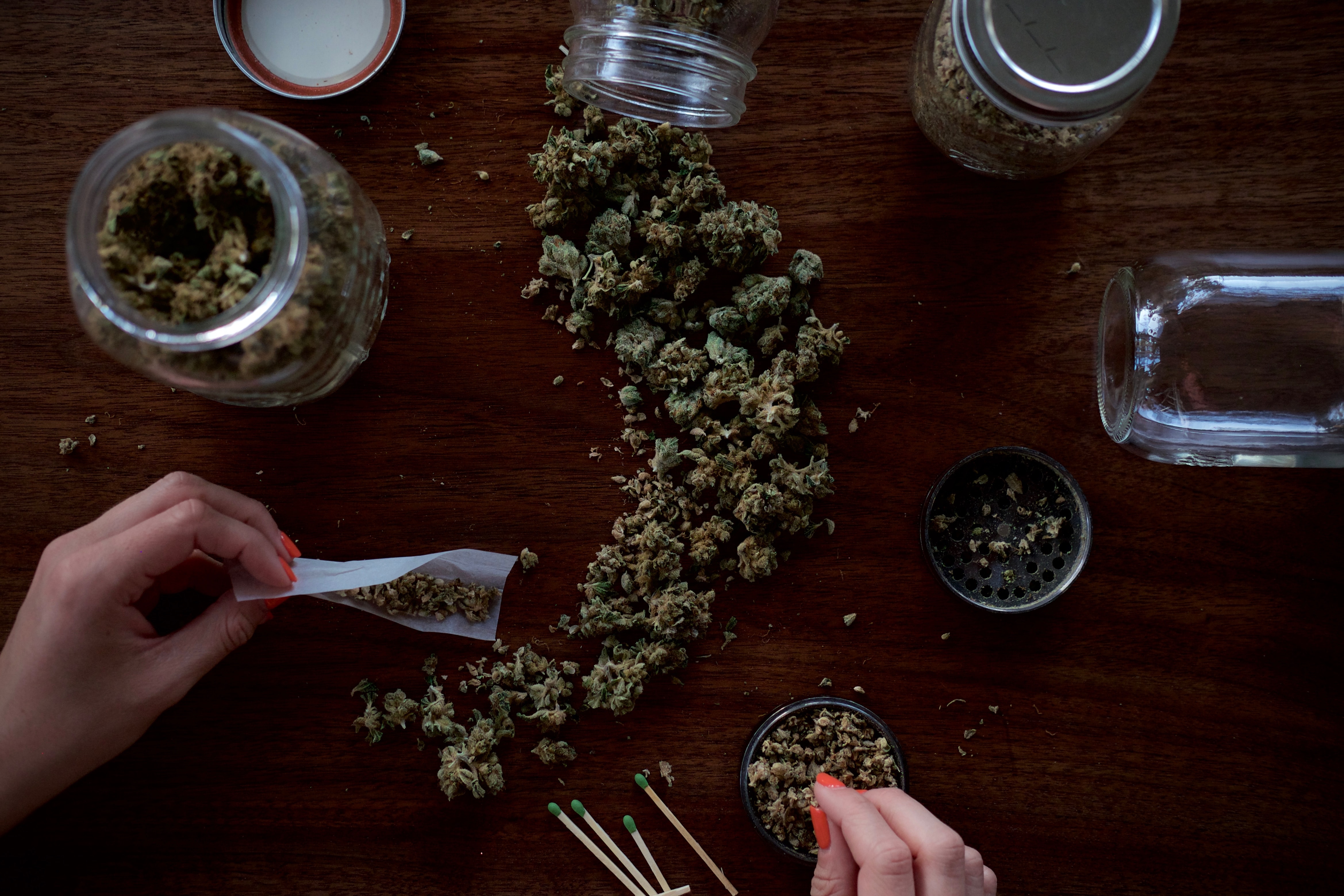
I wanted to die. It wasn’t a cry for help. When I first started contemplating committing suicide, I felt guilty. It’s a sin. It’s illegal under Jewish law. And Jewish guilt isn’t just a folk tale or a fable, the monster under that bed is quite real. But, guilt is most definitely a rope that wears thin.
I planned it in advance. I went to the pharmacy and purchased two bottles of sleeping pills. I hand-picked the night. I ate my last meal. Sushi. I watched a movie with the lion. I pretended to go to bed and waited for him to leave the den. Then, I got myself two glasses of water. The kitchen water, not the bathroom water. The good water. Cause when the fall is all that’s left it matters a great deal.
The linoleum tiles in the kitchen were cold under my feet and as I walked back to my room I regretted not wearing socks. I sat down on my air mattress and placed the two glasses of water in front of me. I dumped both bottles of pills out onto the baby blue carpeting in front of me.
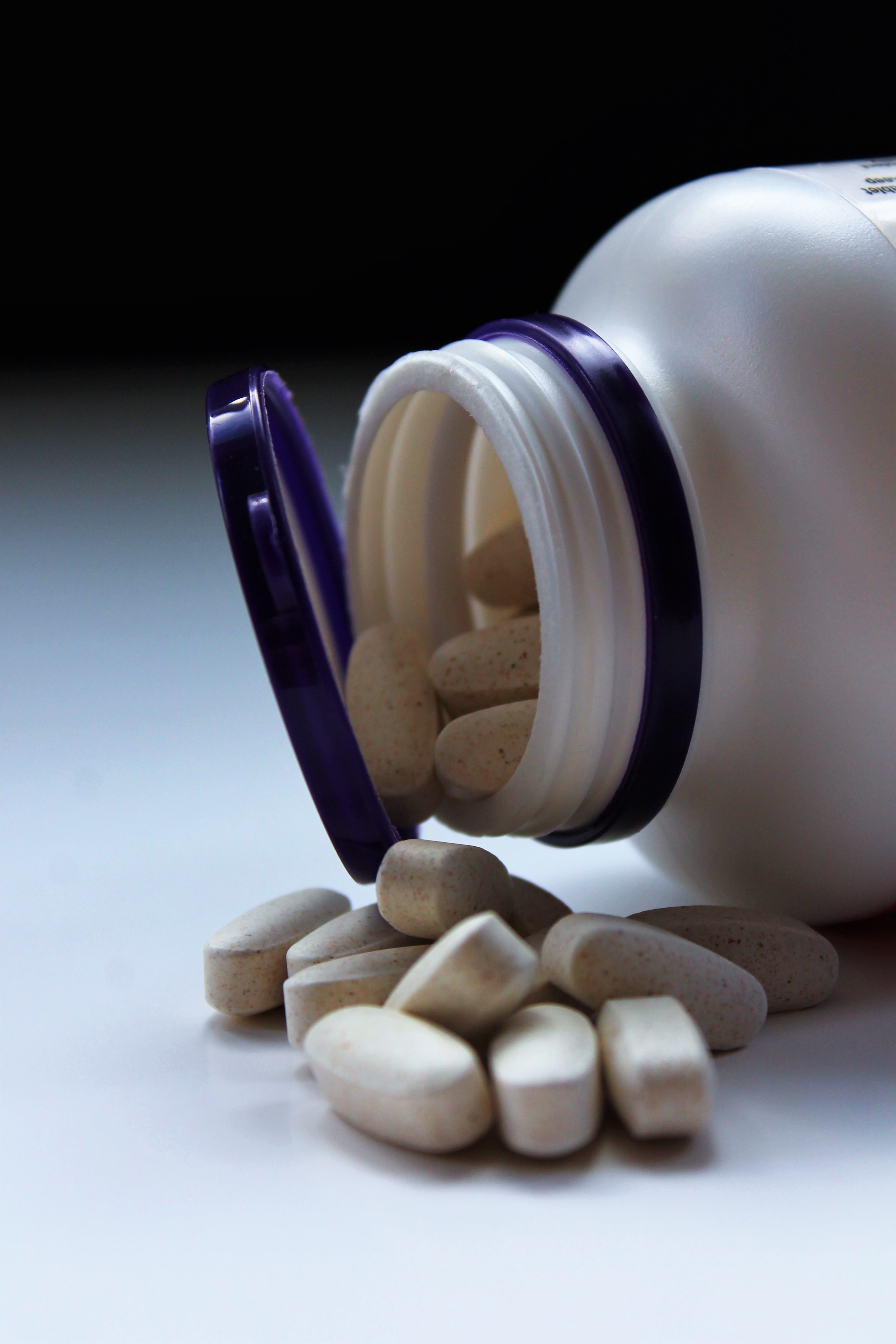
I wrote a letter and laid it on the floor next to the air mattress. It took a long time to write and after my signature I left personal messages to everyone I could think of who might blame themselves. I didn’t want anyone to feel as though it was their fault. There were 36 post scripts. These 36 people were not enough to tip the scales towards deliverance. Death is the debt that all men must pay.
In my mind, I believed it was better to fight for something than live for nothing. And at that point the only way I had left to fight was to accept death and hope that there was something better waiting for me on the other side. Sometimes, victory stands on the back of sacrifice, right?
I fisted as many pills from the pile in front of me as I could. I shoved them into my mouth and started swallowing. I reached for a second fist and continued to put as many pills into my mouth as possible and chugged some water. I was almost finished with the second glass and the pile of pills was dwindling to almost nothing. My arm felt heavy as I lifted my fingers to my face. I struggled to control my movements as I pounded the last of the pills. Then, I slid under the covers, closed my eyes and let myself slip away.
Now I lay me down to sleep, I pray the Lord my soul to keep. If I should die before I wake, I pray the Lord my soul to take.
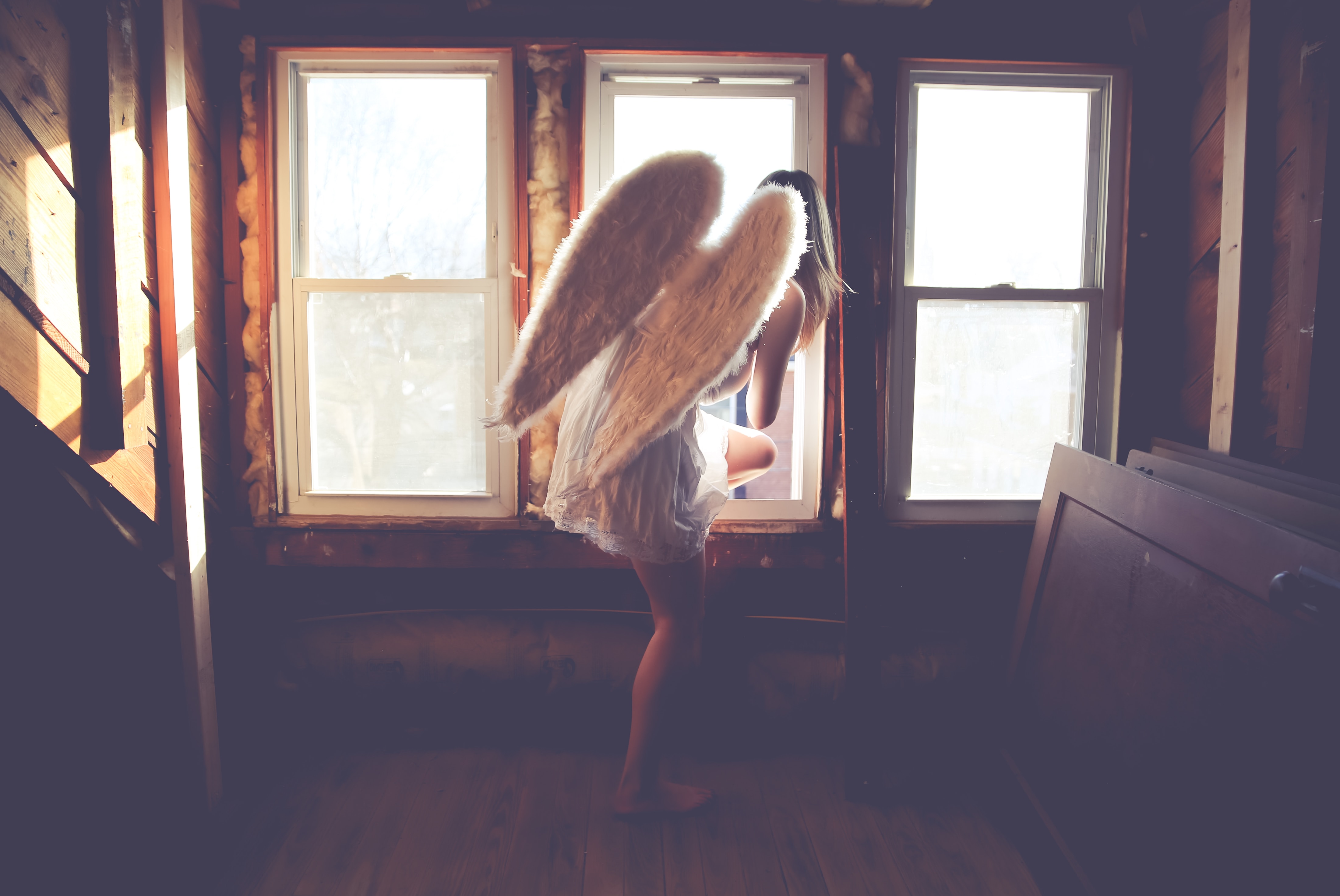
I had always thought my fate of an early death was sealed. But, I didn’t die. If it was fate, I guess I found a way to cheat. I woke-up in a hospital bed three days later and silently vowed not to tell anyone what I had done. Instead, I prayed for more faith.
Note to self: when you find yourself praying for more faith, you may consider this a signal that you already have enough.
My official diagnosis at the hospital was a virus of unknown origin. And I missed several months of school recovering at home. I was awake for maybe 20-minutes every nine hours. I started eating only Jello and chicken broth. Then, I graduated to eggs and toast and by Christmas I could digest dry turkey. The lion monitored my care, meals and feeding with impeccable attention to detail.
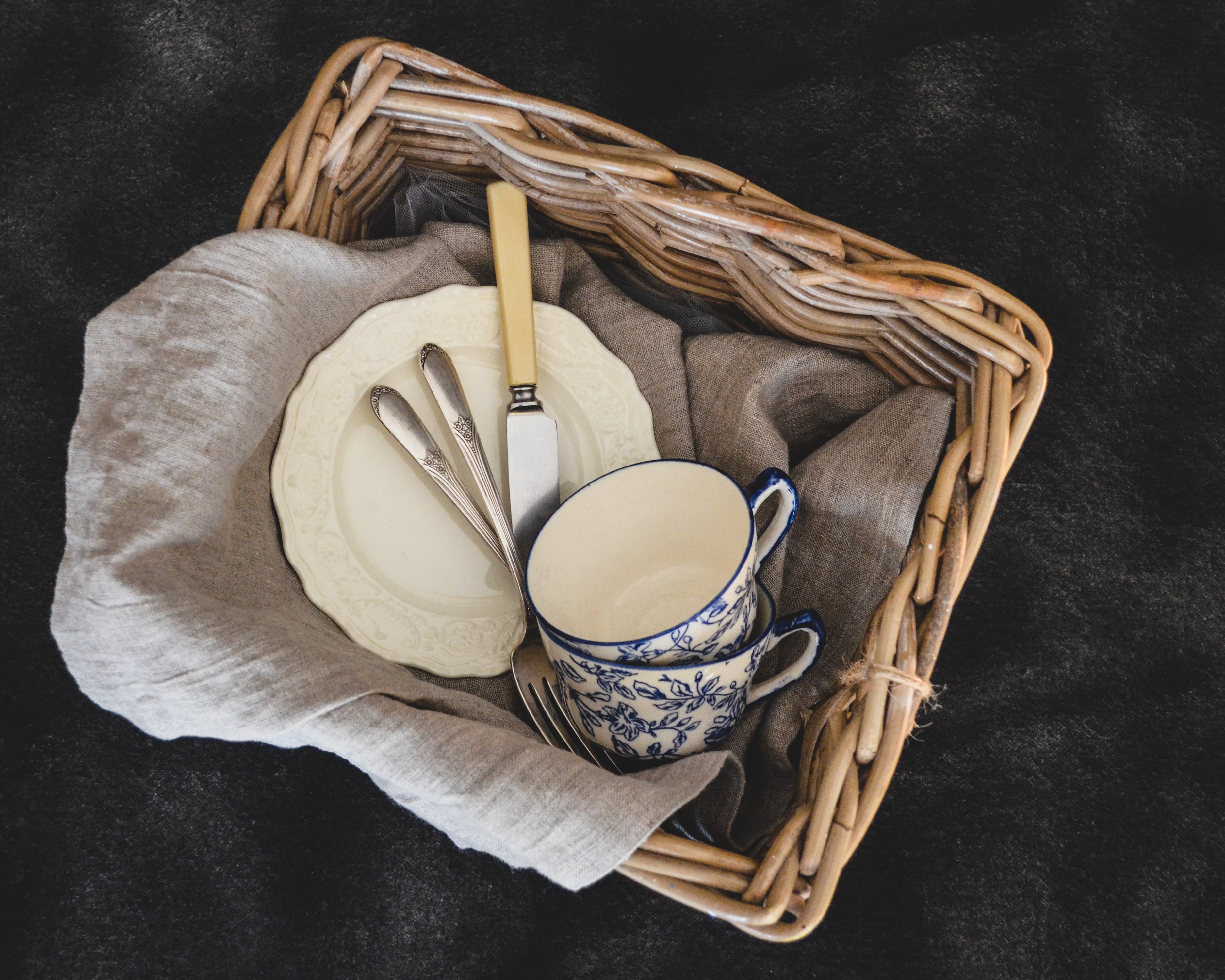
In the last two decades, teen suicide rates have risen to new heights. In 2017, there were 47-percent more suicides among people aged 15 to 19 than in the year 2000. And with more than 6200 suicides among people aged 15 to 24, suicide ranked as the second-leading cause of death in that age group (car accidents were first).
Is there a correlation between the epidemic of narcissism and this exponential increase in teen suicide rates?
It should also be noted that this mental health issue doesn’t just effect young adults, the CDC estimated that roughly 9.3 million adults (around 4-percent of the population) have suicidal thoughts each year.
The truth eventually came out and since I had to take the rest of the year off school anyway, it was decided that I would move in with my mother and step-father and begin junior year again in the Hamptons the following fall.
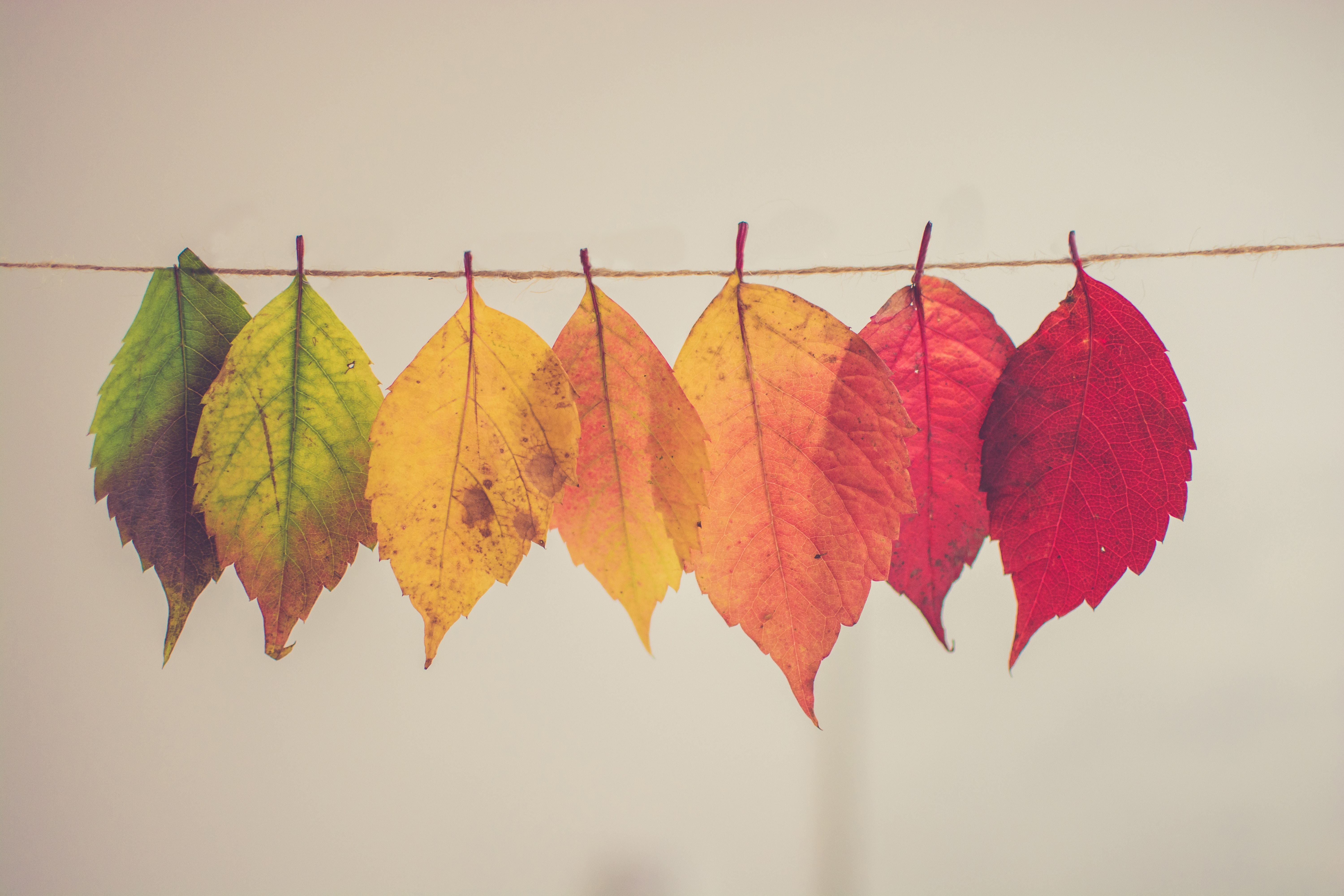
It felt like a fall from grace. But, I consoled myself with Arthur Miller and the reminder that up until an hour before the devil fell, G-d thought him beautiful in heaven.
We’re taking off next week to count our blessings and enjoy all the gratitude! We’ll be back after Thanksgiving and we’ll hit the beach and start private school in the Hamptons in Chapter Five
The goal is to shed light on the current epidemic of narcissism in our country. It is also my most sincere hope that this story will help people who are survivors of abuse or suffering with mental illness to find not only solace, but salvation.
Bonus points if it also sparks a national dialogue about how the prominence of this destructive personality trait is shaping future generations, altering the fabric of our culture and impacting our society as a whole.
Wanna Read More?

